- 631-796-2804
- [email protected]
- Mon - Fri: 6:30AM - 5PM
Professional seal coating that stops cracks before they start and keeps your asphalt looking sharp for years.
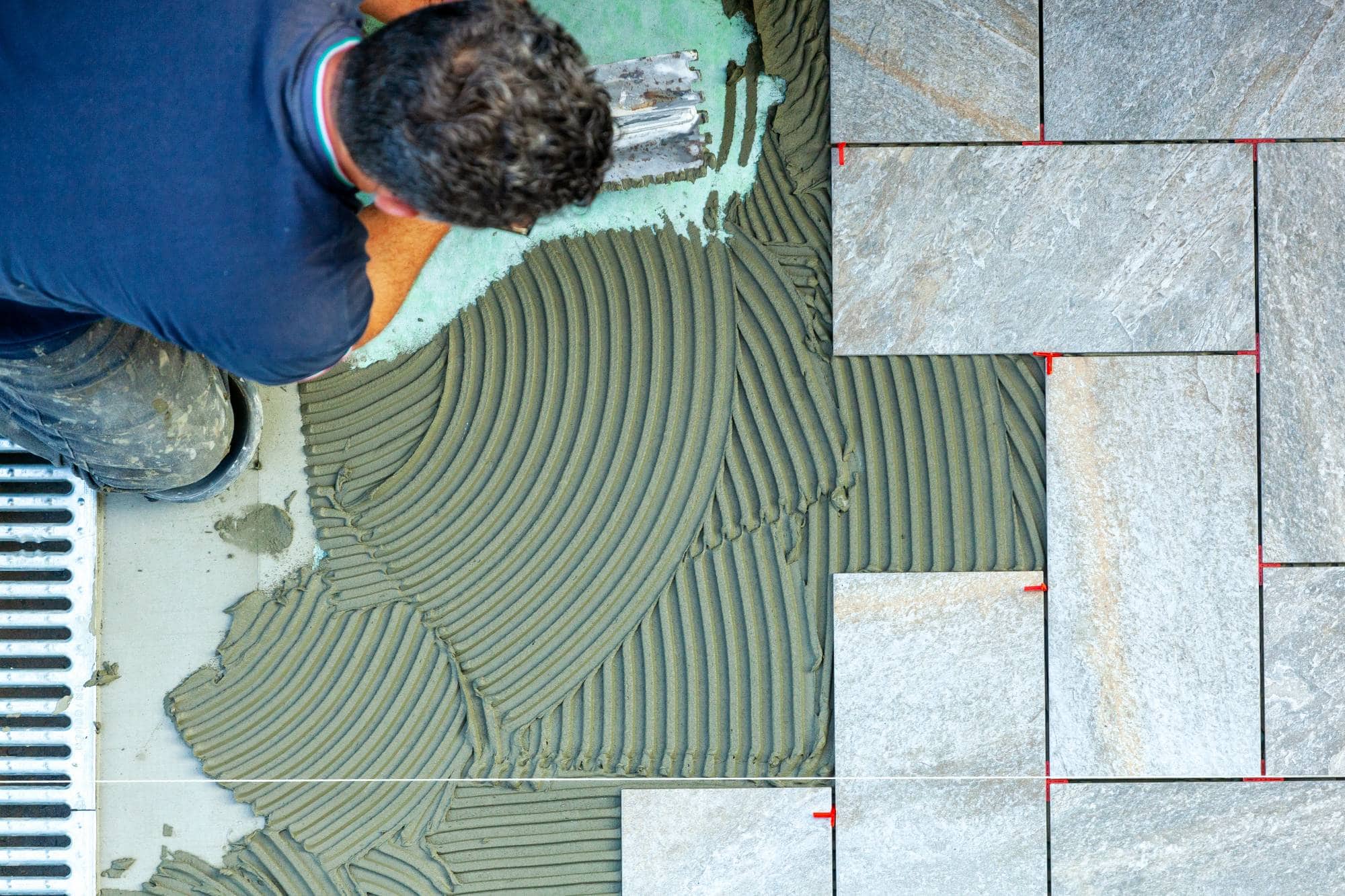
Hear from Our Customers
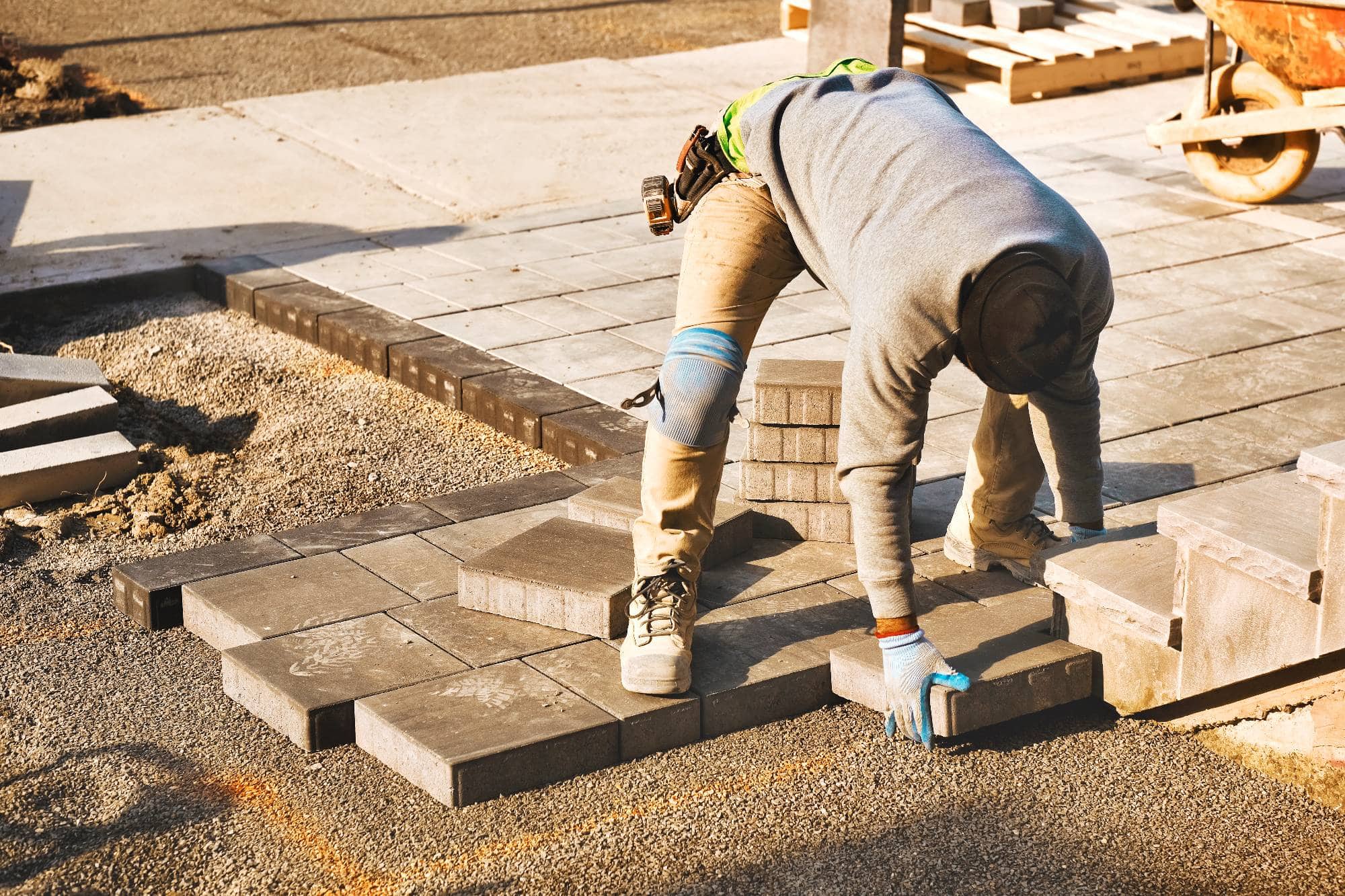
Your driveway takes a beating. Sun breaks down the asphalt binder. Water seeps into tiny cracks and freezes, making them bigger. Oil from cars stains and weakens the surface.
Seal coating creates a protective barrier that blocks all of this damage. You’re looking at 15-20 years of life instead of 7-10. That’s the difference between one more seal coat application and a complete driveway replacement.
The math is simple: spend a few hundred now or several thousand later. Plus, you get that fresh black finish that makes your whole property look better maintained.
We’ve been handling asphalt maintenance across Long Island for years. We understand how the salt air, freeze-thaw cycles, and heavy traffic affect your pavement.
Most contractors rush the prep work or use watered-down sealer to cut costs. We clean every crack, fill what needs filling, and apply commercial-grade sealer at the right thickness. Your driveway gets the protection it actually needs, not just a cosmetic touch-up.
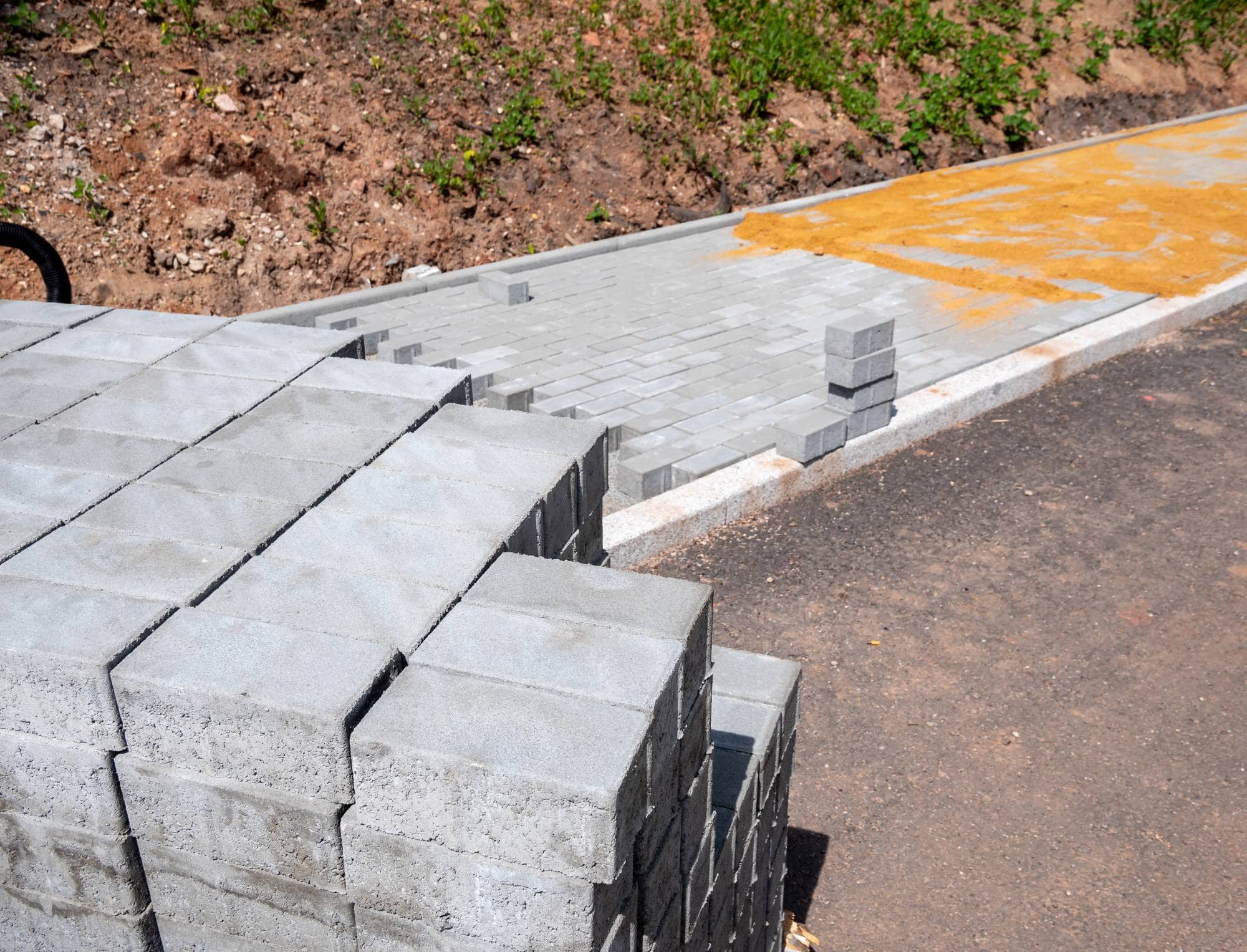
First, we clean your driveway completely. Power washing removes dirt, debris, and loose material. Any cracks get filled with crack filler and allowed to cure.
Next comes the sealer application. We use professional spray equipment for even coverage and the right mil thickness. Two thin coats work better than one thick coat – better penetration and longer-lasting protection.
The whole process takes one day for most driveways. You’ll need to stay off it for 24-48 hours depending on weather conditions. We’ll give you the exact timeline when we’re done so you know when it’s safe to drive on.
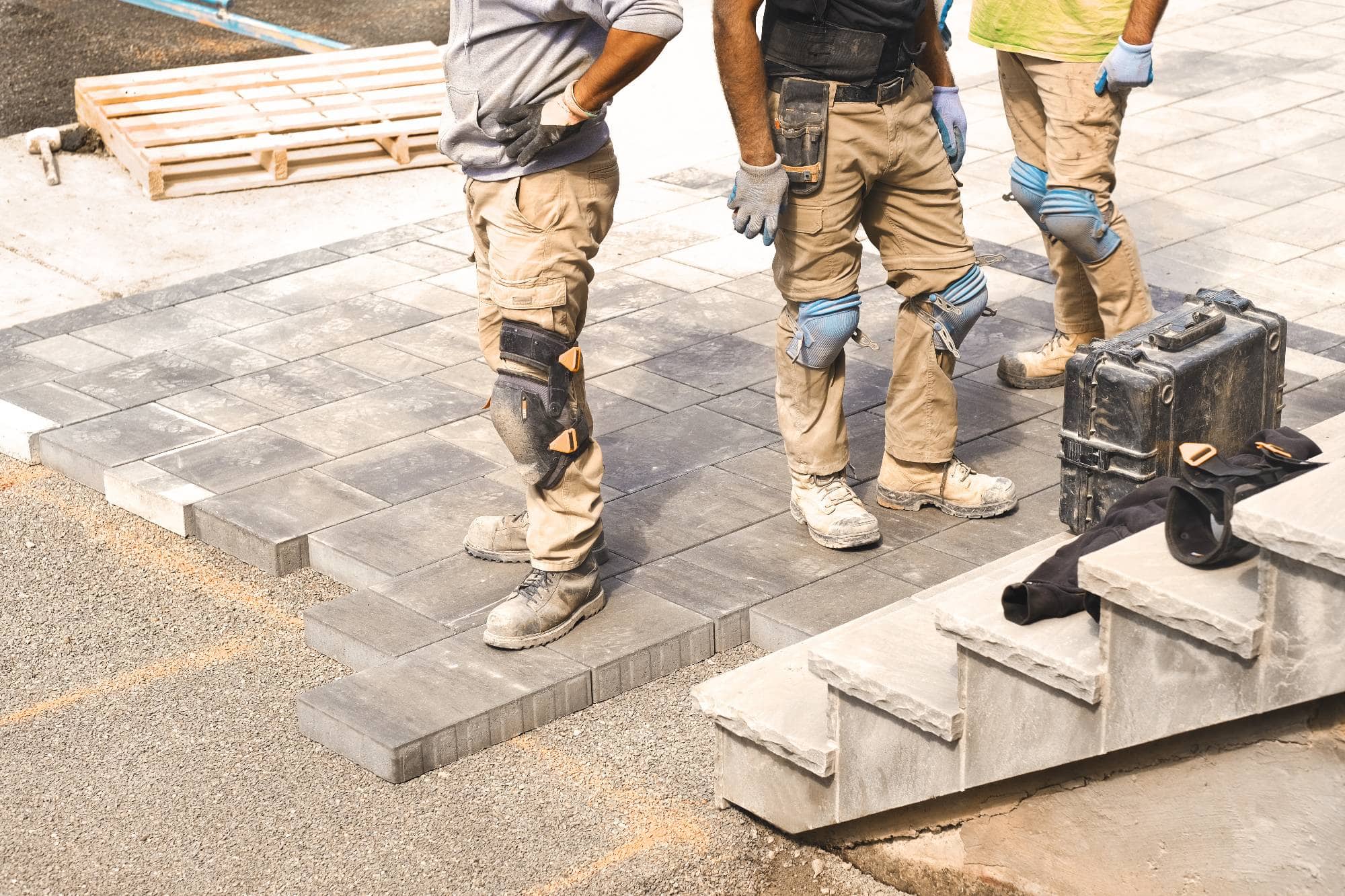
Ready to get started?
Every seal coating job includes thorough cleaning, crack filling, and two coats of commercial-grade sealer. We protect your landscaping and walkways, and clean up completely when we’re done.
We handle driveways, parking lots, and any asphalt surface that needs protection. The sealer we use is designed for Long Island’s climate – it flexes with temperature changes and resists salt damage from winter road treatments.
You’ll see the difference immediately. Fresh black finish, filled cracks, and protection that lasts. Most customers are surprised how much better their property looks with properly sealed asphalt.
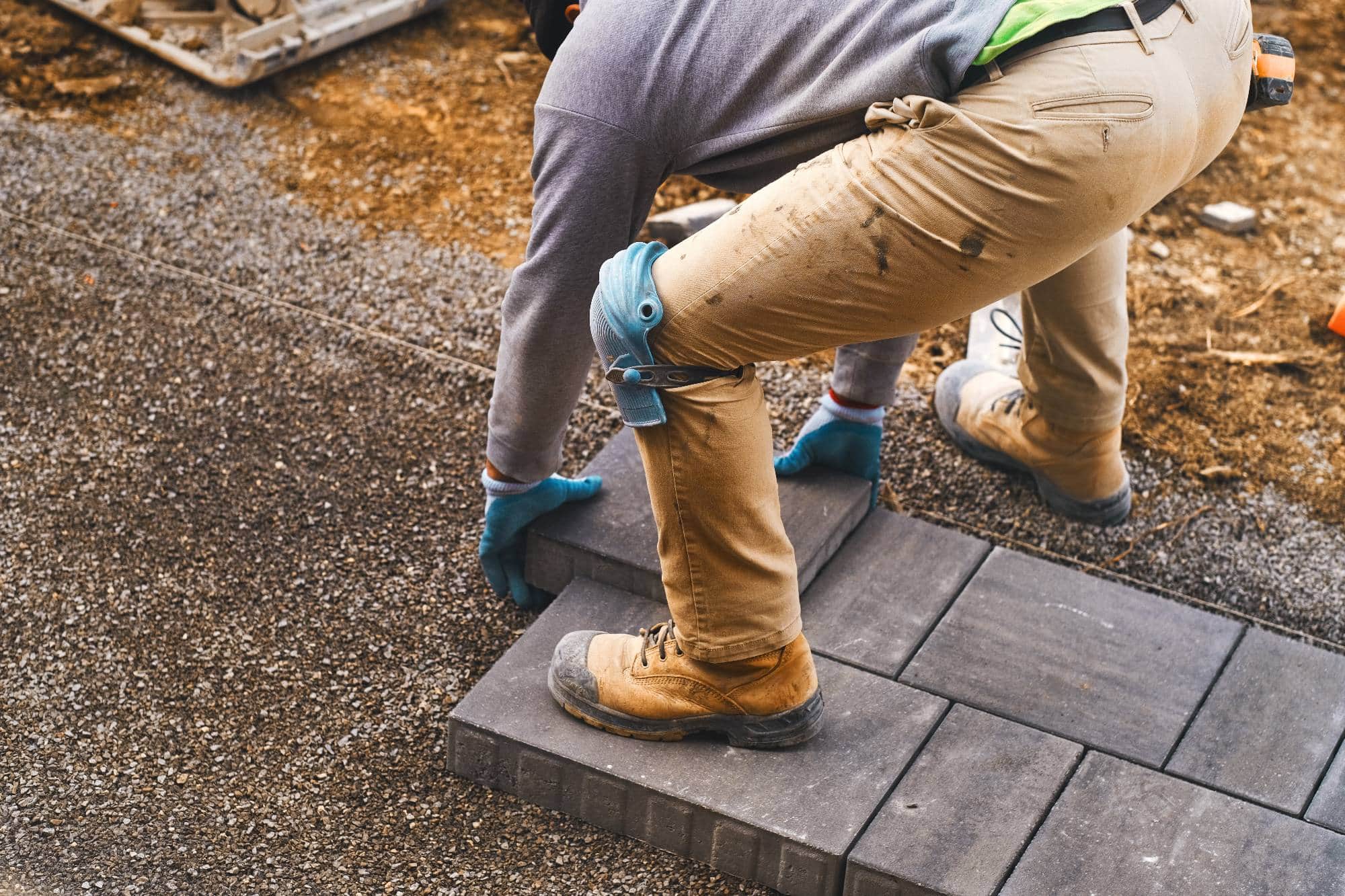

We are a family owned and operated paving contractor servicing customers on the East end of Long Island. We specialize in all phases of paving from start to finish.